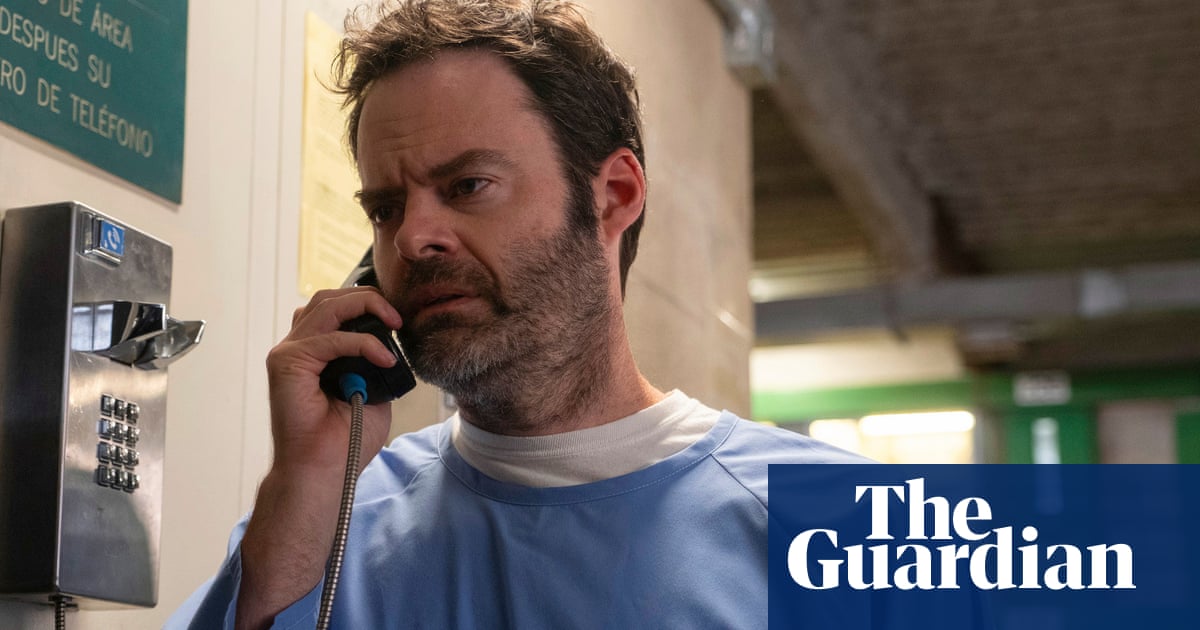
he Tory party’s damascene conversion to the merits of state intervention continues. In the past week, we’ve had Boris Johnson borrowing from Franklin D Roosevelt’s playbook and Rishi Sunak announcing a mass job creation scheme. Of course, the scale of these plans falls far short of both the size of the challenge and the bombastic rhetoric. And while central government hands out goodies, local authorities are on the verge of bankruptcy. But to focus solely on this is to miss a deeper problem.
The political argument now is not simply how much the state should intervene, but in whose interests, and for what purpose. It’s all very well saying “build, build, build”, but what are we building, and who will benefit? The government is desperately trying to resuscitate the old economy and prop up the power of the wealthy asset-owners and corporations who hoarded most of its gains. But the pandemic has shown we need fundamental change: these power relations must urgently be rebalanced. Just 6% of people want the economy to go “back to normal” – but that’s exactly what we’re getting.
Exhibit A is the “kickstart” jobs scheme. Sunak’s proposal will effectively subsidise private employers to offer more of the same low-wage, insecure jobs that made us vulnerable to the pandemic in the first place. The government will cover the cost of employing somebody for 25 hours a week at the national minimum wage – just £4.55 for 16-18-year-olds – for six months. Few conditions are attached to this free money for employers. Meanwhile, the jobs retention bonus offers employers more free money: £1,000 in January for each worker they bring back from furlough. There is nothing for the low-paid essential workers who have been risking their health to get us through the crisis.
Yet the pandemic has shown we desperately need a genuine new deal for workers. Too many sick people couldn’t afford to stay home because they lacked basic employment rights. Too many people on poverty wages had no savings to fall back on and have been plunged deeper in debt. More of the same won’t cut it. A sustainable recovery requires more money in the pockets of ordinary workers, not handouts to the owners of private capital. Why not instead announce major public investment to create good jobs doing things that really matter – social care, childcare, renewable energy – and give key workers a pay rise?
Exhibit B is a stamp duty holiday for first-time buyers to revive the housing market. This is like using a defibrillator on a patient who has terminal cancer. The massive accumulation of rent arrears will lead to a wave of evictions when the current ban is lifted next month. Meanwhile, landlords – who have been almost entirely insulated from the effects of the crisis – may well take advantage of falling prices to buy up more properties, leaving even more people stuck in the private rented sector.
But if this a good investment for private landlords, it would also be a good investment for the public purse. A bold and imaginative government would use falling prices to bring land and property into local public ownership, providing genuinely affordable housing and rejuvenating struggling high streets. It would also rebalance the burden of the crisis between landlords and tenants (including small businesses) – looking to the example of Spain, which has forced big landlords to either write off half their tenants’ rent debt or restructure it over three years.
Even more worrying is exhibit C: Johnson’s promise of a bonfire of planning rules. Apparently, we are so desperate to get private developers building that we must strip away any democratic constraints on what they build and where. This might help the Richard Desmonds of the world make a quick buck, but it will do nothing for ordinary people stuck in expensive, poor quality housing. The lockdown has starkly demonstrated the huge gap in the quality of life between those with a decent home and garden, and those without.
Hot on the heels of the Robert Jenrick scandal, it’s crystal clear whose side this government is on. Indeed, Johnson made no bones about his allegiances, urging us to clap for “our wealth creators, our capitalists and financiers”. This is a far cry from Roosevelt, who lambasted “financial monopoly, speculation, reckless banking”, saying “they are unanimous in their hatred for me, and I welcome their hatred”. Unlike Johnson, Roosevelt understood that rentiers don’t create wealth. They merely extract it from others in the economy, whether in the form of eye-watering rents, interest payments or utility bills. The real wealth creators are the essential workers – most of whom are not even paid enough to keep up with their bills.
It’s possible – though far from guaranteed – that the government has done just enough to stave off the worst-case scenario of mass unemployment. But it won’t be enough to avoid a second wave of poverty, indebtedness and homelessness. Still less will these plans honour the sacrifices made during this pandemic, with a vision for a resilient, green economy that delivers good lives for all. This should have been an opportunity to spur a fundamental shift: away from the concentrated wealth and power of Roosevelt’s “organised money” and towards the frontline workers and ordinary citizens who are the true engine of prosperity.
Christine Berry is a researcher, writer and consultant












